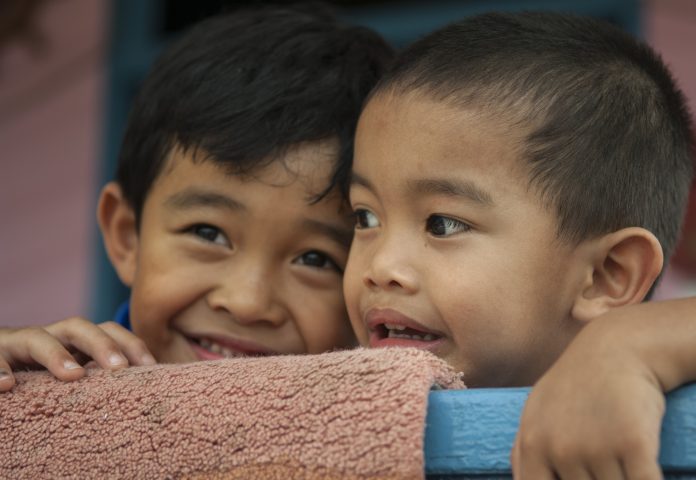Brunei should immediately repeal its abusive penal code, which violates a range of human rights, Human Rights Watch said today
In an open letter to the Sultan of Brunei and a report, “Brunei’s Pernicious New Penal Code”, it is stated that children aged 7 are legally required to be whipped because they are considered to know the difference between right and wrong.
Brunei’s Syariah Penal Code (2013), which went into effect on April 3, 2019, imposes death by stoning for extramarital sex and anal sex; amputation of limbs for stealing; and 40 lashes with a whip for lesbian sex. The code imposes a wide range of restrictions that discriminate against women and sexual and gender minorities and violates freedom of expression and religion.
The Human Rights Watch report said:
“In apparent response to the huge global outcry against the new penal code, on May 5, 2019, the Sultan of Brunei said that Brunei had adopted an “a de facto moratorium on the execution of death penalty for cases” and this would also apply to the cases under its 2013 Brunei Sharia Penal Code, including anal intercourse and sex between unmarried couples, among others.
“Beyond not addressing the broader human rights concerns of the penal code, discussed below, the de facto moratorium on capital punishment would still allow for the sultan to restore the death penalty at any time.”
Phil Robertson, deputy Asia director at Human Rights Watch, commented:
“The Sultan holds absolute power in Brunei, so responsibility for this abhorrent penal code falls squarely on his shoulders.
“Brunei’s repeated commitments to respect human rights amount to little so long as the Syariah Penal Code is in force.”
Human Rights Watch highlighted numerous provisions that infringe upon the rights to life, freedom from torture and other ill-treatment, freedom of expression, privacy, freedom from discrimination, and freedom of religion. The penal code imposes punishment on conduct that discriminates against women and sexual and gender minorities. The penal code also subjects children to criminal liability and corresponding punishment, including stoning, whipping, and imprisonment.
The Brunei government’s repeated public statements expressing a commitment to the Universal Declaration of Human Rights are demonstrably meaningless under this law, Human Rights Watch said. The sultan should ensure that all of Brunei’s laws comply with the country’s international human rights obligations.
The violations are listed in detail within the report, especially anti-LGBT examples:
“The penal code also criminalizes nonconforming gender expression, punishing “any man who dresses and poses as a woman or any woman who dresses and poses as a man in any public place” (article 198) with prison time and a fine. “Indecent behaviour” in public, which includes any act that could “bring bad influence” (article 197), is also prohibited.
“Both articles are applicable to both Muslims and non-Muslims. These provisions, in addition to infringing on freedoms of expressions and association, threaten the rights to privacy of transgender and gender non-conforming people.”
In May, the Sultan responded to the increasing international outcry against the new law by describing a “de facto moratorium on capital punishment” in Brunei. However, this moratorium is subject to political whim and could be lifted at any time, while leaving in place dozens of other rights-offending provisions.
During Brunei’s Universal Periodic Review at the United Nations Human Rights Council on May 10, the foreign minister claimed that the prohibition on consensual same-sex conduct “is to ensure such acts are refrained and are limited to the private space.”
Yet the language of the law specifically criminalizes same-sex sexual acts in private, Human Rights Watch said.
Robertson said:
“Brunei’s new penal code is a multifaceted assault on fundamental human rights.





![Europe’s housing crisis: A fundamental social right under pressure Run-down appartment building in southeast Europe set before a moody evening sky. High dynamic range photo. Please see my related collections... [url=search/lightbox/7431206][img]http://i161.photobucket.com/albums/t218/dave9296/Lightbox_Vetta.jpg[/img][/url]](https://www.openaccessgovernment.org/wp-content/uploads/2025/04/iStock-108309610-218x150.jpg)





